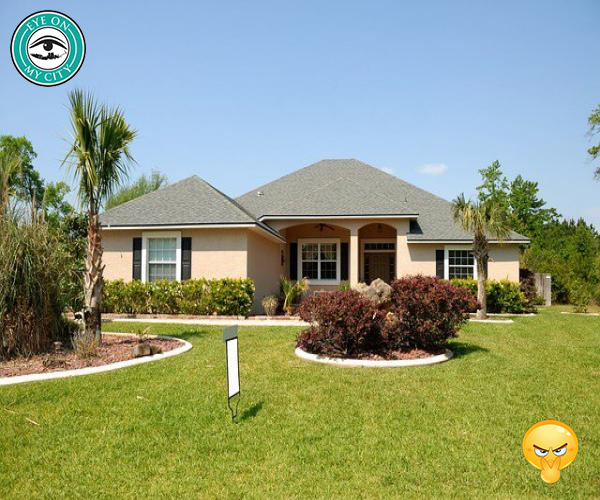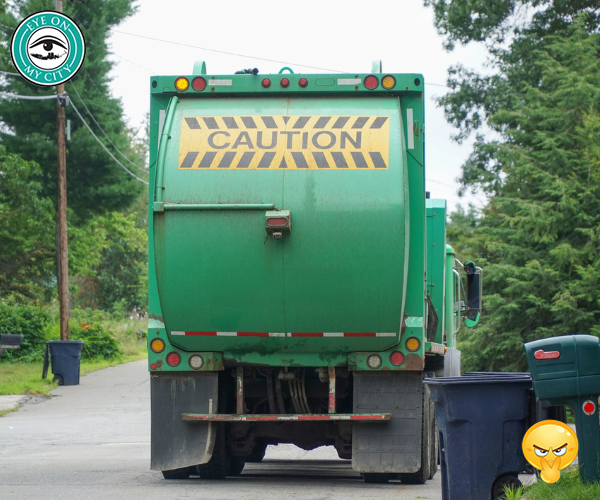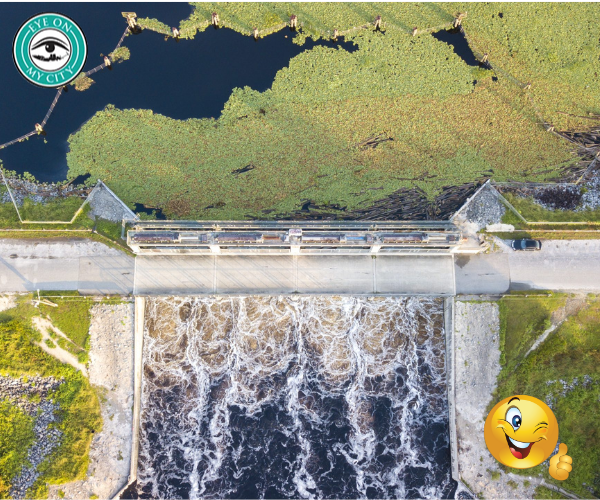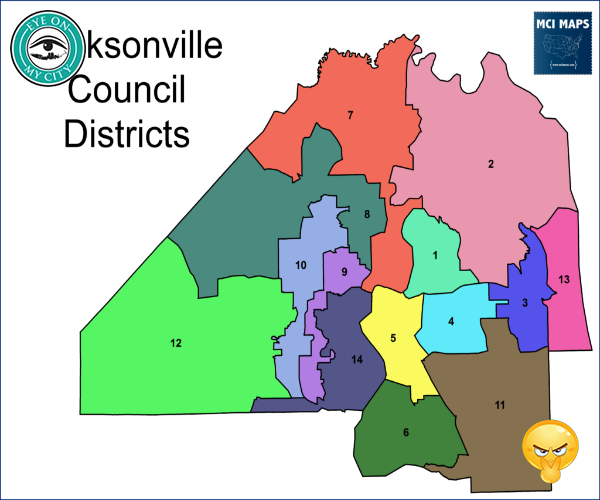
City Council has made it official. Property taxes will go up.
The tax rate will remain the same, but as Eye on Jacksonville noted earlier, values have increased and those who enjoyed an increase in value will pay higher tax bills.
The council had the option to roll back the tax rate the same way Walmart rolls back prices, and it would have kept tax revenue the same as last year.
Keeping the rate the same will produce about $46 million in new revenue.
Considering that Jacksonville residents already are paying higher sales taxes for schools and soon for gasoline, protection from rising property taxes doesn’t seem terribly unfair.
A few council members, including Rory Diamond and LeAnna Cumber, made that point but it fell on deaf ears.
In addition, the city is being showered with money from the federal government, which has embarked on an epic spending spree far exceeding its income or common sense.
The windfall from growth and profligacy will be spent largely on traditional infrastructure and, as Eye observed some months ago, resiliency.
Resiliency is a new cause politicians have adopted to “fight” the anticipated rise in sea level.
What it means, according to the report issued by a special council committee, is: “the ability to collaboratively prepare for, prevent, absorb, recover from and more equitably adapt for damage from chronic stressors (i.e., aging infrastructure and sea level rise) and adverse events (i.e., hurricanes, extreme heat and high-intensity flooding).”
It has become a mania in South Florida. Here, the concern is that it might cause some flooding in low-lying areas if the sea level rises by 3 feet before 2100, which one expert said is possible.
A new bureaucrat has been hired to lead the effort. What the total cost will be remains to be seen but there are estimates all over the map. The proposed budget has $10 million in it for resiliency.
While it is quite likely that people owning property in an area threatened by rising waters will abandon it long before any serious flooding, politicians and bureaucrats talk about building dams, seawalls, dikes and other infrastructure to hold back the sea.
Spending a few millions now will save $4 billion in the long run, according to calculations bureaucrats have made.











